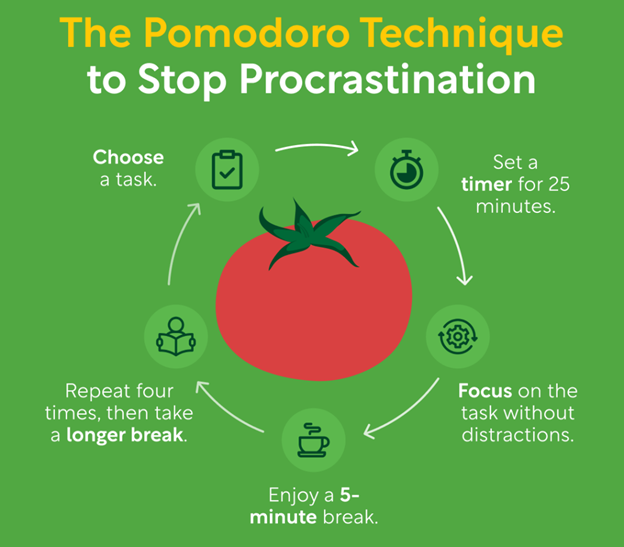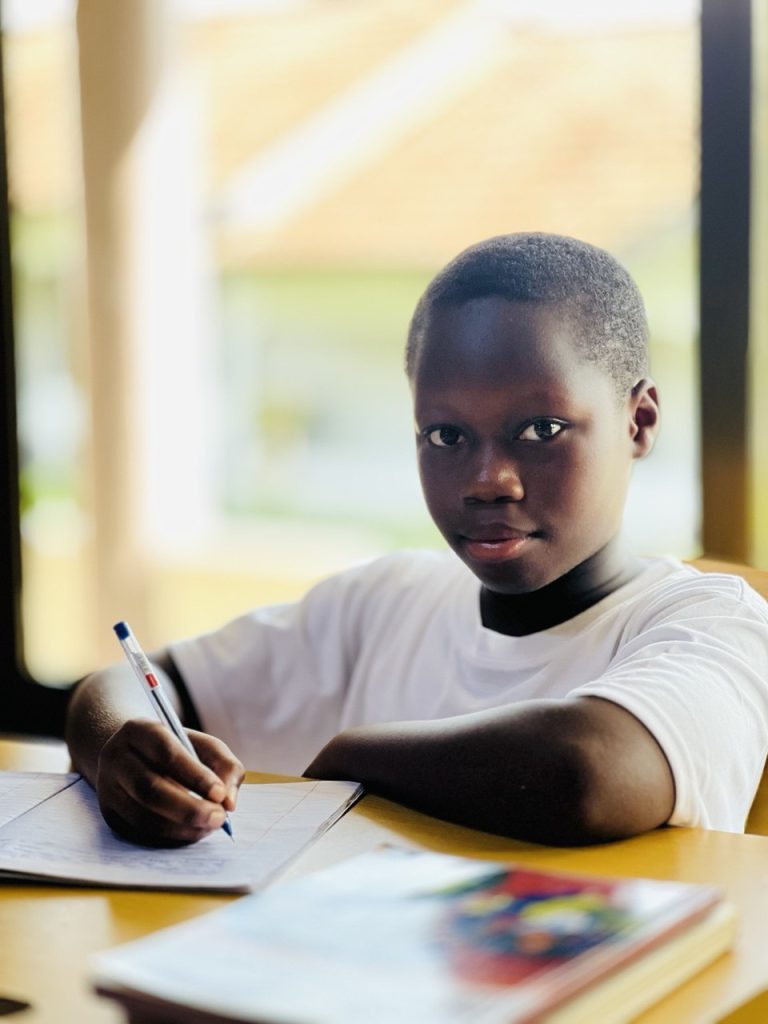Key Points at a Glance
Cramming and multitasking hinder deep understanding and long-term retention.
Passive learning methods like rereading don’t reinforce memory.
Lack of a study plan leads to inconsistent performance and burnout.
We’ve all been there—burning the midnight oil, skimming over class notes, or watching online lessons on double speed. But here’s the truth: many of the ways we learn are actually ineffective.
Research shows that students often fall into common traps that feel productive but deliver little academic progress. These learning mistakes can cost time, energy, and motivation.
Forward-thinking institutions like Morgan International Community School (MICS) in Gomoa Manso, Central Region, Ghana, are transforming how students learn by applying evidence-based approaches to avoid these pitfalls.
Let’s look at the most common learning mistakes—and how you can overcome them with smarter strategies.
1. Cramming Instead of Spaced Learning
The Mistake: Studying everything the night before an exam might help with short-term recall—but it severely limits long-term retention.
Why it doesn’t work: The brain retains information better when exposed to it repeatedly over time, not all at once.
Better Strategy: Use spaced repetition—review topics several times over increasing intervals. This technique is embraced by schools like MICS, where consistent revision is part of the academic culture.
2. Relying on Passive Learning
The Mistake: Rereading notes, highlighting textbooks, or listening to lectures passively gives the illusion of understanding.
Why it doesn’t work: These are passive activities that don’t engage the brain’s recall mechanisms.
Better Strategy: Practice active recall—test yourself, explain concepts aloud, or teach others. MICS encourages this through peer learning and collaborative discussions.
3. Multitasking During Study
The Mistake: Switching between apps, music, or conversations while studying leads to cognitive overload.
Why it doesn’t work: Multitasking reduces focus and increases the time it takes to complete tasks. It also impairs memory consolidation.
Better Strategy: Use the Pomodoro technique—study in focused 25-minute blocks with short breaks. Keep your phone on silent or use apps that block distractions.

4. Ignoring Feedback and Mistakes
The Mistake: Brushing past errors or avoiding corrections due to embarrassment or fear.
Why it doesn’t work: Learning is strengthened through correction. Ignoring mistakes means repeating them.
Better Strategy: Reflect on feedback and adjust. At MICS, regular assessments and constructive teacher feedback guide students to improve continuously.
5. Studying Without a Plan
The Mistake: Jumping into study sessions without goals or structure.
Why it doesn’t work: It leads to wasted time and uneven preparation.
Better Strategy: Create a weekly study schedule with clear goals. Include breaks, review sessions, and flexibility for unexpected changes.
6. Memorizing Without Understanding
The Mistake: Trying to memorize information without understanding the core concepts.
Why it doesn’t work: You may recall terms, but won’t be able to apply them in real-life scenarios or exams.
Better Strategy: Use elaboration—ask “why” and “how” questions to make connections. Schools like MICS encourage this approach through project-based learning and inquiry-based classes.

7. Avoiding Practice Questions
The Mistake: Thinking you know the material, but never testing it.
Why it doesn’t work: True understanding comes from applying knowledge, not just reading it.
Better Strategy: Regularly do practice tests, flashcards, or past exam papers. This improves confidence and reduces anxiety.
8. Comparing Yourself to Others
The Mistake: Constantly measuring your performance against classmates or online peers.
Why it doesn’t work: It can lead to stress, self-doubt, or overconfidence.
Better Strategy: Focus on your own progress and growth. MICS emphasizes personalized learning paths, helping each student meet their unique academic goals.
Final Thoughts
Learning is a journey—and like all journeys, it’s easy to take a few wrong turns. By recognizing and correcting these common mistakes, students can unlock their full academic potential.
Whether it’s embracing spaced repetition, practicing active recall, or simply turning off distractions, smart strategies make all the difference.
Institutions like Morgan International Community School (MICS) understand that avoiding bad habits is just as important as developing good ones. With the right guidance and an environment that promotes evidence-based learning, success is not just possible—it’s expected.
